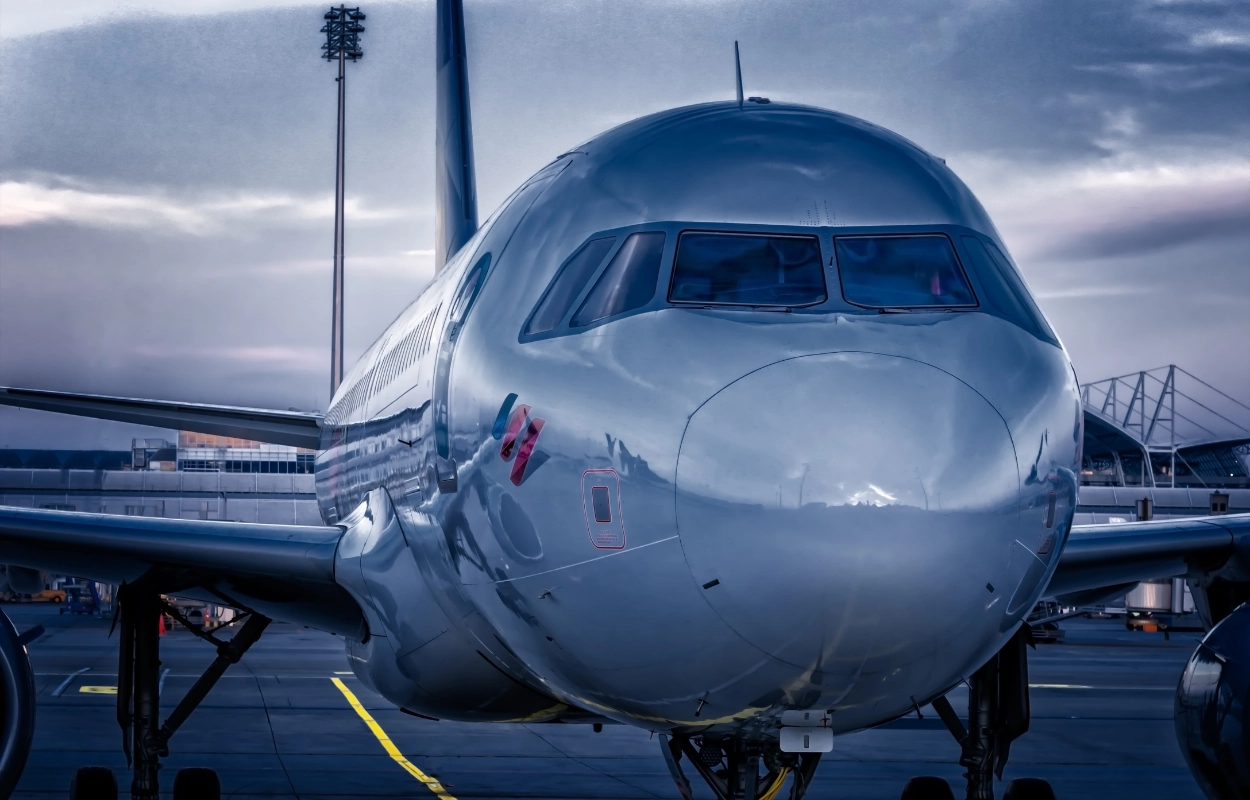The aviation industry’s regulatory regulations are more complex than ever. With global safety standards tightening, environmental expectations on the rise, and technological innovations introducing new categories of risk, being able to stay compliant is a strategic priority that must be managed daily.
Not being able to meet the industry’s compliance standards would lead to fines, suspension of certifications, or even long-term reputation damage. But there is a way to make sure that everything checks out. Forward-thinking aviation companies need to tackle this by engaging with a skilled compliance consultant who can not only avoid receiving penalties but also build a long-lasting competitive advantage.
The Challenge of a Moving Target
Aviation authorities such as ICAO, EASA, and FAA are constantly updating their regulations to keep the industry as safe as possible. These updates have a massive impact, such as on maintenance protocols, flight crew training to cybersecurity, emissions, as well as airworthiness standards.
Having to adapt to these continuous changes makes it very difficult for internal compliance frameworks without a dedicated support team. A compliance consultant is able to closely track regulatory developments and is able to interpret them based on their specific operational model. Whether you are an MRO, an operator, a UAV provider, or a fleet management company, a compliance consultant is able to make sure that everything is in order. Instead of reacting to changes under pressure, companies that work with consultants can anticipate and prepare in advance.
Creating a Tailored Compliance Framework
Compliance is not something that can be approached with a one-size-fits-all mindset. An international cargo airline or unmanned systems provider will be subject to a completely different set of compliance rules than a domestic operator. Compliance needs to be adjusted to each risk and the commercial objectives of each business.
One of the main tasks a compliance consultant will do is to take ownership and build a compliance management system that is tailored to the company’s structure and activities. This normally includes the following: audit protocols, risk assessments, policy documentation, and a clear roadmap for its implementation. Aviation companies can incorporate compliance into their daily operations without adding unnecessary complexity or friction by using a customised strategy.
Audits as Opportunities, Not Obstacles
Audits are something that many businesses see as being disruptive or punitive, but they should be seen as a great way to identify issues and opportunities for improvement. Internal and external audits frequently point out areas where processes have been neglected, out-of-date, or not in line with new rules.
An experienced compliance consultant can guide aviation companies for audit preparation, assisting in conducting internal reviews, as well as helping the team in responding to external inspections. They make sure that the documentation is complete, procedures are followed, and that any findings are resolved with a clear corrective action plan. This proactive strategy strengthens ties with authorities while lowering the risk of noncompliance.
Building Capability Through Training
It’s all well and good to have the documentation correct, but it is also vital that the people understand it and apply it. For many types of operational jobs, including those of pilots, engineers, ground crew, and compliance officers, regulatory requirements often require specialised training. Though it is difficult to produce any great results when training sessions are generic or infrequent.
A consultant helps in delivering role-specific, interactive training that meets the most recent regulatory adjustments. To keep knowledge up-to-date, they also support the execution of compliance performance reviews, refresher courses, and continuous learning efforts. Well-trained employees are more competent, self-assured, and much less likely to make expensive errors.

Seamless Integration into Operations
For compliance to have a long-term effect, it has to be embedded into the core operational systems, such as Safety Management Systems (SMS) and Quality Management Systems (QMS). When integration is executed well, then compliance will become part of the workflow, not as an additional administrative task.
Consultants help aviation companies in mapping out the regulatory requirements across all of their processes. This is done by contributing to their extensive system knowledge. They can also monitor important compliance indicators, provide digital tools to expedite documentation, and issue early alerts when thresholds are passed. From this, it would result in having a solid, open, and manageable compliance environment, which is something that all companies are striving for.
A Strategic Advantage, Not a Box to Tick
It’s easy to see compliance as just another obligation in an industry that is extremely competitive. However, for those who take a strategic approach, compliance provides significant business advantages, such as improved safety performance, streamlined processes, quicker market access, and less regulatory red tape.
Hiring a compliance consultant changes your strategy from being fragmented to integrated and from reactive to proactive. Here’s where Aeroates truly shines. Our specialised aviation services are intended to assist operators in confidently navigating changing compliance environments. Aeroates gives aviation businesses the know-how and resources they need to stay ahead, whether that means assisting with audits, coordinating regulatory frameworks, or providing customised training programs.
